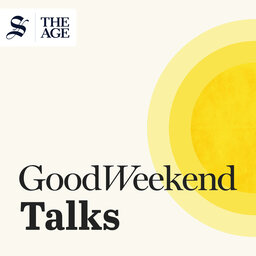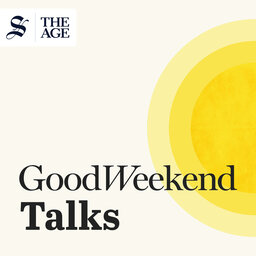What lessons are there still to learn from the Holocaust?
In this episode we meet Rachelle Unreich, Melbourne-based author of the book, A Brilliant Life: my mother's inspiring story of surviving the Holocaust.
Recently shortlisted for The Age’s non-fiction book of the year, this mother-daughter memoir weaves the remarkable story of Rachelle's mother Mira, who survived four concentration camps from the age of 17, together with background about the Holocaust and Rachelle's own life.
Hosting the episode, which explores both Rachelle and Mira's stories, the challenge of memory and the lessons learnt from the very worst - and best - of humanity, is the editor of Good Weekend, Katrina Strickland.
 Good Weekend Talks
Good Weekend Talks



